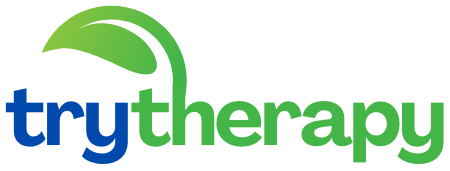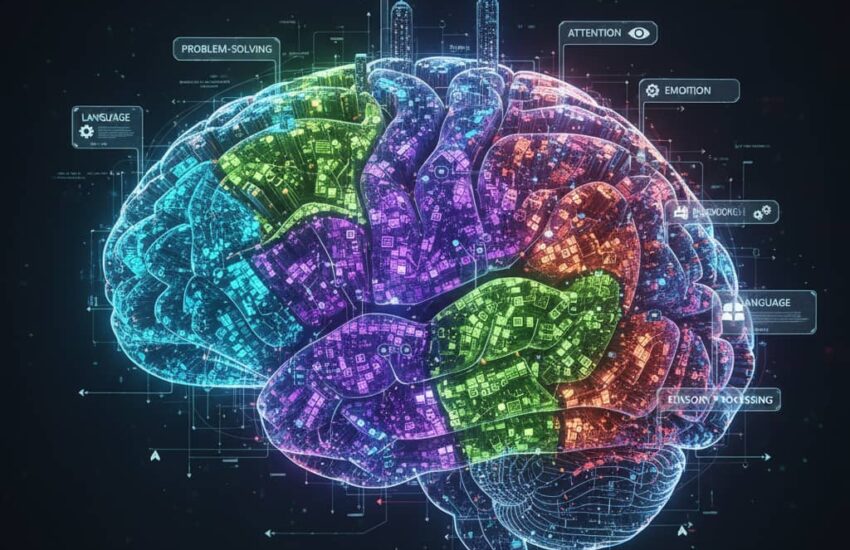When Sarah first came to my office, she was terrified. The once-sharp accountant could no longer balance her checkbook. Her husband mentioned she’d gotten lost driving to their favorite restaurant, a route she’d taken weekly for years. “Is this just normal aging?” she asked, her voice trembling. “Or am I losing my mind?” This is where neuropsychological assessment becomes invaluable. It’s not about proving someone is “losing their mind”, it’s about understanding how their brain works, identifying specific cognitive strengths and weaknesses, and creating a roadmap for treatment and support. A comprehensive guide to neuropsychological assessment – learn how this detailed brain function testing helps diagnose cognitive issues, memory problems, and neurological conditions.
A neuropsychological assessment is a comprehensive evaluation of brain function that goes far beyond standard medical tests like MRI or CT scans. While those imaging studies show the brain’s structure, neuropsychological assessment reveals how well the brain is working. Think of it this way: if your brain were a computer, an MRI would show the hardware, while a neuropsychological assessment tests the software, the programs running your memory, attention, problem-solving, and other cognitive functions.
The assessment process typically begins with a detailed clinical interview where we learn about the person’s history, concerns, and daily challenges. This helps us understand the context of their cognitive difficulties and identify which areas need closer examination. We then move to standardized testing, using scientifically validated measures to assess various cognitive domains. These aren’t pass-fail tests but rather tools to measure performance across different brain functions.
During the evaluation, we examine multiple cognitive areas including memory, attention, executive functions, language skills, visual-spatial abilities, and processing speed. Each test provides specific information about how different parts of the brain are functioning. For instance, memory tests might reveal whether difficulty remembering recent conversations stems from encoding, storage, or retrieval problems, each pointing to different potential causes and solutions.
The real power of neuropsychological assessment lies in pattern recognition. It’s not about any single test score but about how all the scores fit together to tell a story about brain health. Certain patterns might suggest Alzheimer’s disease, while others could indicate vascular dementia, depression, or the effects of a past concussion. This detailed analysis helps distinguish between normal age-related changes and signs of neurological disorders.
After testing comes the most crucial part: feedback and recommendations. We don’t just provide scores, we explain what they mean in practical terms and develop specific strategies to help manage cognitive challenges. This might include memory aids, organizational systems, or therapy approaches tailored to the individual’s unique cognitive profile.

Neuropsychological assessment serves several vital purposes in healthcare. It helps with accurate diagnosis when cognitive concerns arise, tracks changes over time in progressive conditions, evaluates recovery after brain injury, and guides treatment planning for rehabilitation. The results can also help families understand what’s happening to their loved one and how best to support them.
What many people find surprising is that the assessment often reveals preserved strengths alongside challenges. Identifying what still works well is just as important as understanding the difficulties. These strengths become the foundation for compensation strategies and treatment planning, helping people work with their brain rather than against it.
If you or someone you love is experiencing cognitive changes that concern you, a neuropsychological assessment can provide answers and direction. It’s not about labeling or limiting people, it’s about understanding their unique brain functioning and helping them live their best possible life given their neurological circumstances. The goal is always to replace fear with knowledge and to transform uncertainty into a clear path forward.
References:
ScienceDirect. (n.d.). Neuropsychological assessment – an overview. https://www.sciencedirect.com/topics/medicine-and-dentistry/neuropsychological-assessment
StatPearls. (2023, May 15). Neuropsychological assessment. https://www.ncbi.nlm.nih.gov/books/NBK557542/
Gabriel Rafi. (2024, December 8). Neuropsychological assessment: Definition, course, and components. https://gabriel-rafi.com/neuropsychological-assessment-definition-course-components/
Cleveland Clinic. (2025, August 11). Neuropsychological testing: What it is, purpose & procedure. https://my.clevelandclinic.org/health/diagnostics/22575-neuropsychological-testing

